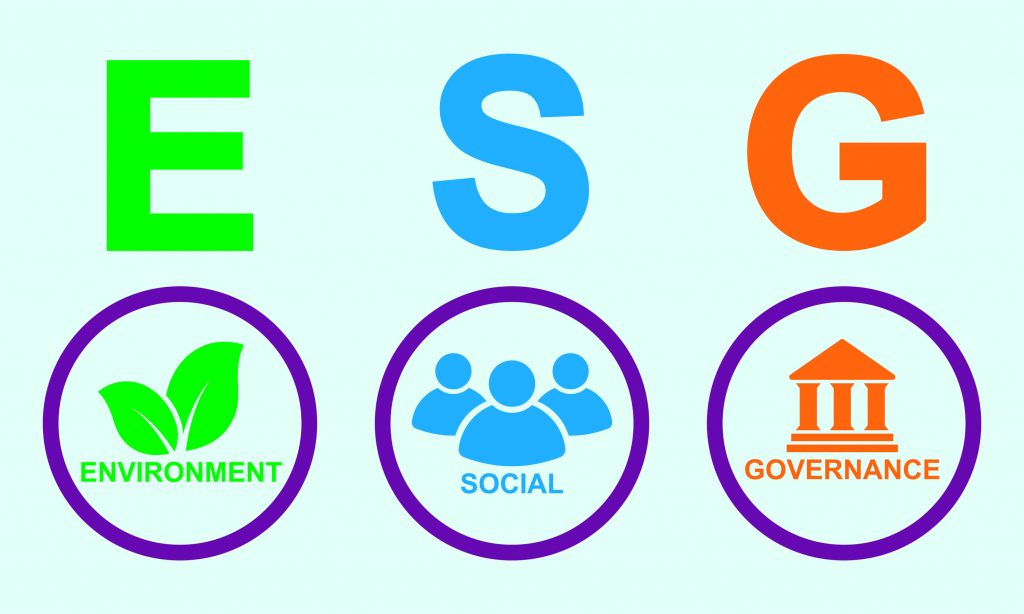By ESG McGill Analyst Adam Livshits

Since its emergence into the spotlight in the past few years, ESG has continued to shift and evolve within the financial sector. But while it remains an essential tool for sustainable business decision-making processes, the concept is quickly reaching a maturity level and a volume of use where standardization is necessary. Underlying this need is that investor pressure is not enough to create a harmonized and efficient corporate ESG landscape. With differing investor requests across different sectors, ESG-based decision-making widely varies across companies. This not only confuses investors, but also lends uncertainty to the definition of ESG itself and its effectiveness as a business tool. However, by coupling explicit external regulations with strong governance, organizations can create coordinated and consistent ESG standards and eliminate this ambiguity.
In early March of 2023, major Canadian bank RBC announced that it would be introducing climate-linked incentives into its executive pay structure. This “self-imposed regulation” effectively links company performance concerning the Environment (E) with Governance (G) within the ESG framework. By compensating executives for meeting climate objectives, the bank is not only signalling their commitment to their shareholder values but also pursuing ESG in a more effective way that can contribute to the creation of a meaningful ESG standard. In order to get their financial rewards, executives need to show that they are making a difference in terms of climate, and this means moving away from the common practice of passively using ESG to appease investors, which often leads to confusion around the tool’s effectiveness. With this compensation structure, executives and the companies they run will have the incentive to focus more on using ESG with the aim of tangible results. In pursuing ESG with this goal in mind, a stronger industry-wide standard can be set for how to use it in everyday business practices. Building on this from a broader perspective, planned SEC climate regulations in the US are already proving to be effective in inducing organizations to ramp up their ESG reporting. When the regulations come into place, US corporations will be required to provide a multitude of climate-related disclosures in compliance with a standardized set of reporting metrics and rules. According to a February 2023 PWC Survey, 98% of US companies with at least 500 million USD of annual revenue are already planning to get ahead of the curve and begin ESG reporting before the regulations come into effect. In short, this regulation will harmonize ESG reporting in the US in an unprecedented way. While such a policy is not yet planned for Canada, it’s almost inevitable that the country will soon follow in the footsteps of its neighbours to the south.
In conclusion, both widespread governing body regulations and climate-linked governance tools such as the one introduced by RBC have the potential to significantly advance ESG reporting across the corporate domain. But, by combining the two, ESG can move to the next level and become a much more powerful tool for sustainable business.
